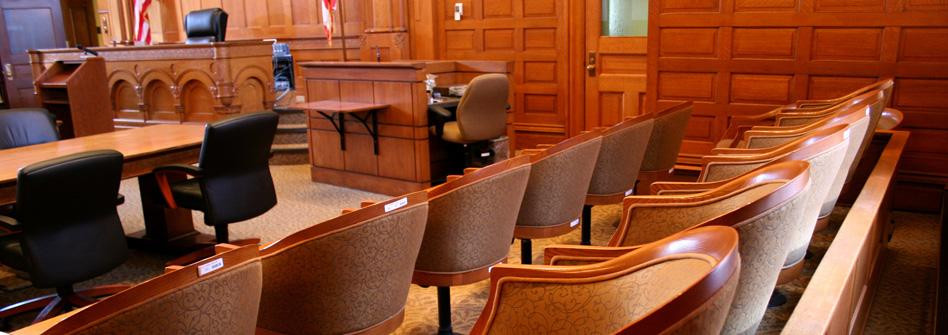
Mediation & Arbitration

Employment & Labor Law
Our firm’s robust litigation practice group is routinely called upon to handle a broad array of disputes on behalf of businesses, professionals and individuals throughout New England, New York and beyond. Our team of high-profile, seasoned litigators offers the experience necessary to maximize our clients’ ability to achieve successful results, be it through negotiations or a case tried to verdict. Our team of qualified paralegals and staff assist us in delivering exceptional client service.
Services Provided
When working with our firm’s litigators, clients gain access to the firm’s expertise across multiple disciplines and practice groups, supported by a professional back office and first rate technology. With strong local and regional ties, we are also able to call upon its network of affiliated firms world-wide giving our clients a trusted multi-jurisdictional legal presence.
- Business Litigation
- Insurance
- Professional Liability
- Product Liability
- Employment Litigation
- Real Estate Litigation
- Construction Litigation
- Intellectual Property Litigation
- Probate Litigation
- Torts and Personal Injury
- Family Law Litigation
- Criminal Defense
Related Posts (View All)
Frequently Asked Questions
Our firm has been practicing in our region for over 40 years. We’re proud of our longstanding relationships with federal and state judges as well as court clerks in Vermont and New Hampshire. Being familiar with a judge’s courtroom and particular expectations can be helpful in court preparations. It might not matter who your judge is, but it does matter who your attorney is.
It depends on the case. For larger cases, our firm will use experienced associate lawyers to analyze the law, and paralegals to help gather the facts and prepare the case. Our firm’s use of qualified paraprofessionals creates a team approach that maximizes our ability to provide cost-efficient and effective representation to our clients.
We tell our clients to be prepared for court cases to move slowly. This is not always the case, but it is best to not have hig expectations for the time it takes to successfully resolve your matter. A state court case could take approximately one year to move from the filing of a complaint to a trial. The federal courts may follow a tighter schedule that tends to be faster, generally taking about 8-9 months to get to trial. Both state and federal courts now require the parties to engage in mediation before going to trial and this process usually occurs about halfway through the pre-trial timeframe.
The federal courts have limited jurisdiction and a case may be commenced in federal court if one of the following applies: 1) the amount in controversy exceeds $75,000 and the suit is between parties from two different states; or 2) the case involves a federal question, such as a federal constitutional issue or a federal statute or regulation.

